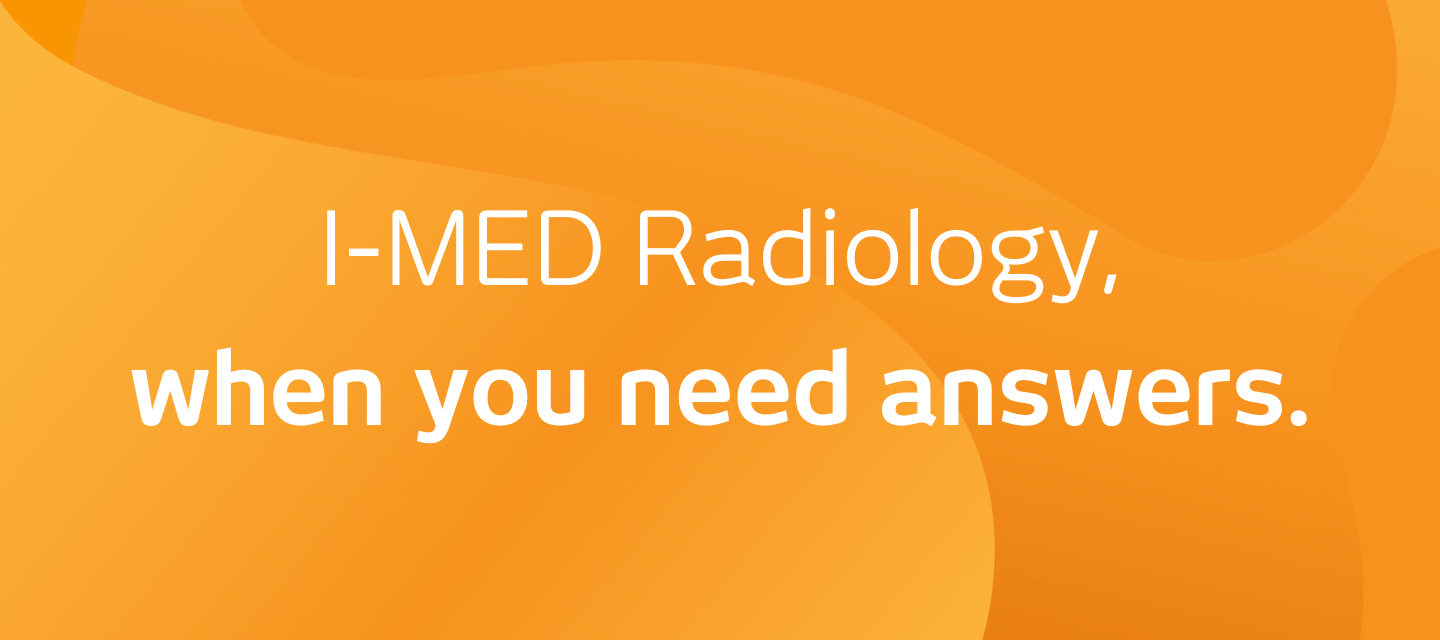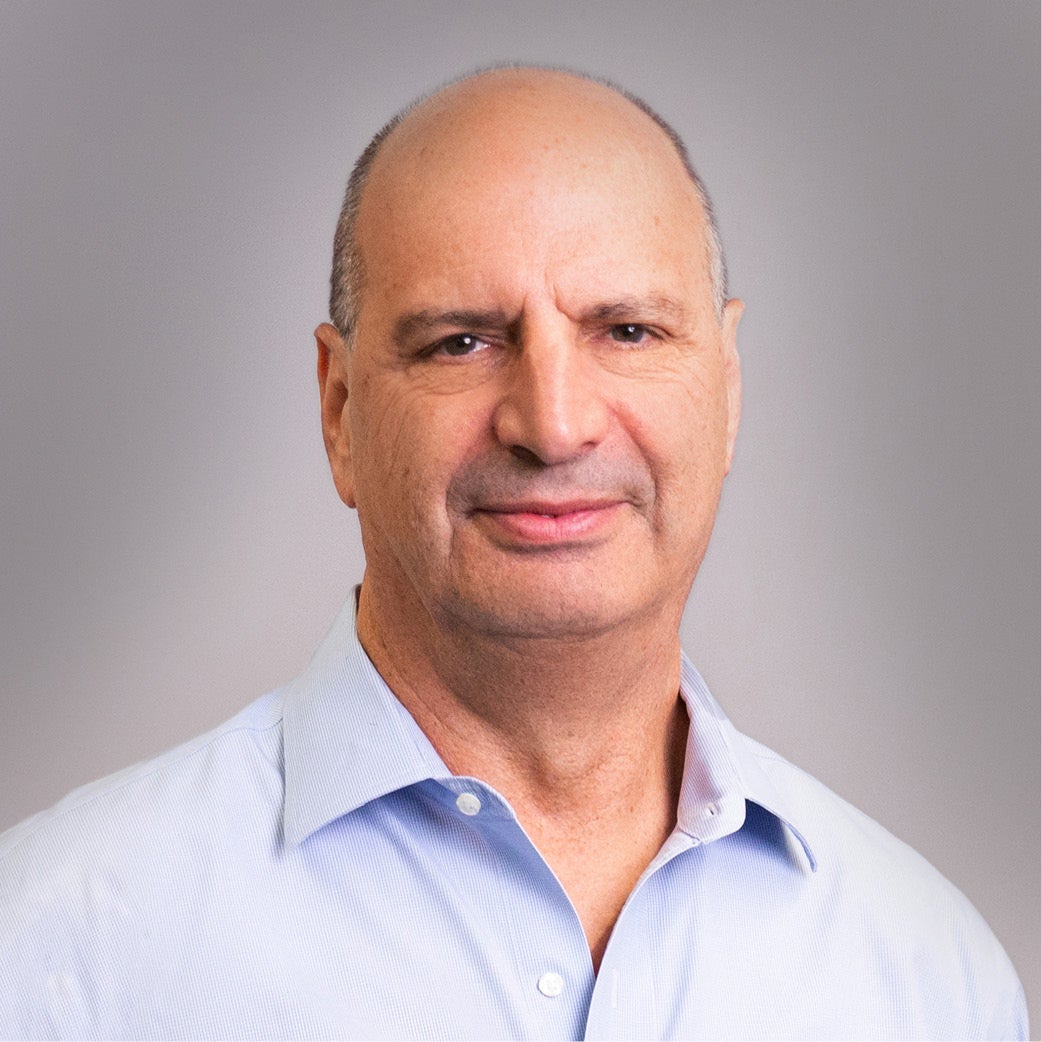
Nuclear medicine thyroid scan
Nuclear medicine thyroid scan
What is a nuclear medicine thyroid scan?
A nuclear medicine thyroid scan uses a radioactive medication (radiopharmaceutical) to take pictures or images of the thyroid gland. The radiopharmaceutical is injected into a vein, usually in the arm, and enters the thyroid gland from the circulating blood. It is detected by a special gamma camera that takes images and provides information about the function and structure of the thyroid gland.
Why would my doctor refer me to have a nuclear medicine thyroid scan? keyboard_arrow_down
Your doctor may refer you for a nuclear medicine thyroid scan if it is believed parts of your thyroid gland are not working properly and to see whether the thyroid gland is overactive (hyperthyroidism). It can also help in distinguishing between benign (non-cancerous) and malignant (cancerous) thyroid nodules or lumps.
How do I prepare to have a nuclear medicine thyroid scan? keyboard_arrow_down
Concentration of the radiopharmaceutical in the thyroid gland is affected by several factors. The most important of all is iodine, which will prevent the radiopharmaceutical entering the gland, resulting in poor scan images. If you have had a computed tomography (CT) scan requiring intravenous (IV) iodine contrast medium, please schedule your thyroid scan at least 6–8 weeks after the CT scan. High iodine-containing food, health supplements and medications should also be avoided before the scan. If you are unsure whether you are taking anything that may affect the scan, please talk to your doctor. It is important that you let staff at the clinic know if you are (or think you could be) pregnant or if you are breast-feeding. Women who are breast-feeding and people who are the primary or sole carer for small children may need to make special preparations after the test to stop breast-feeding for a short time and avoid close contact with young children. This is due to the small amount of radioactivity your body may release for a short time after the test. Your doctor or technician at the clinic will instruct you on how to manage breast-feeding before and after the scan.
What happens during a nuclear medicine thyroid scan? keyboard_arrow_down
You will be given an injection of a radiopharmaceutical called sodium pertechnetate. This will concentrate in the thyroid gland. After the injection, you will have a 15 to 20 minute wait before having the scan to allow the radiopharmaceutical to be taken up by the thyroid gland. When you have the thyroid scan, you will be lying down on a bed and the camera will be positioned very close over your head. Several images are taken, lasting about five minutes each, and the camera may move slightly during this time. It is important you lie very still and try not to swallow during this time, as movement will blur the pictures.
Are there any after-effects of a nuclear medicine thyroid scan? keyboard_arrow_down
There are no after effects of a thyroid scan and you will not feel any different
How long does a nuclear medicine thyroid scan? keyboard_arrow_down
In general, the scan will take about 40 minutes in total. You will need to wait 15–20 minutes after the injection, and then there will be 15 minutes of scanning time. A report will be sent to your referring doctor
What are the risks of a nuclear medicine thyroid scan? keyboard_arrow_down
There are no known associated risks. The dose of radiation you will be receiving is relatively small.
What are the benefits of a nuclear medicine thyroid scan? keyboard_arrow_down
The thyroid helps maintain many different functions of the body by processing and adjusting the levels of certain hormones. A thyroid scan is carried out so doctors can determine which parts of the thyroid gland are working properly and whether the thyroid gland is overactive (hyperthyroidism) or underactive (hypothyroidism). It may also help in distinguishing between benign (non-cancerous) and malignant (cancerous) thyroid nodules. A thyroid scan also gives some information about the size and shape of the thyroid gland.
How do I get my results? keyboard_arrow_down
Your doctor will receive a written report on your test as soon as is practicable. It is very important that you discuss the results with the doctor who referred you so they can explain what the results mean for you.

This information has been reviewed and approved by Dr Ronald Shnier (I-MED Chief Medical Officer).
Related articles


This information has been reviewed and approved by Dr Ronald Shnier (I-MED Chief Medical Officer).
Related articles

